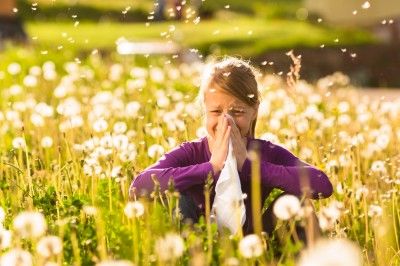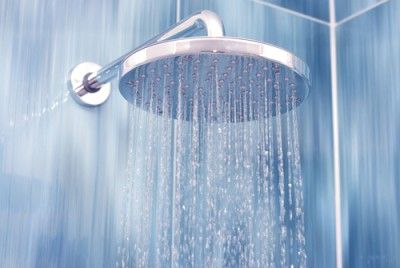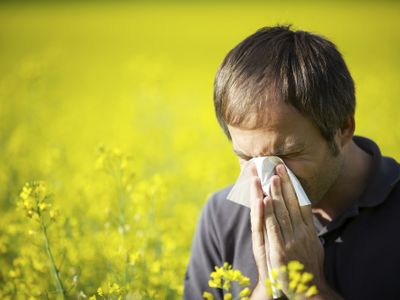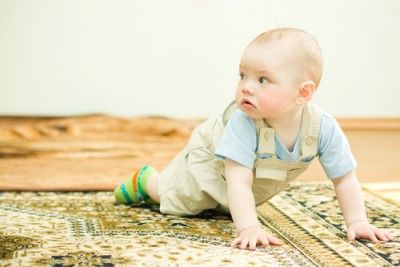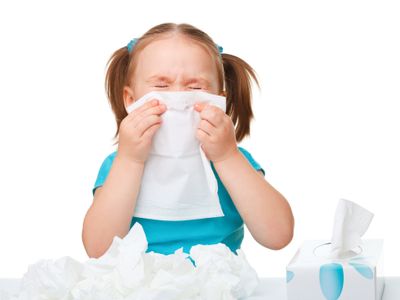Allergies can ruin an otherwise warm and blooming spring season with a stuffy nose, itchy/watery eyes, a lingering cough, and congestion. However, you may be making your allergies worse—without even realizing it.
Ignoring Pollen Count
Nowadays there’s an app for everything—including automatic, real time pollen count alerts via smart phone and email. So sign up using your location with pollen.com or via another allergy forecast service.
Your Prevalence for Pillows
Maybe you like to read in bed? However, that mound of pillows on your bed act as allergen magnets (i.e., dust). Same goes for stuffed animals on kids’ beds.
Letting Pets Rule the Roost
It might be cute when Fido snores beside you at night or Fluffy jumps up on your counter top. However, your pet can track pollen, dust, mold, and all types of allergens into your house—even if you’re not allergic to them.
Epi Pen Ignorance
Epi pens aren’t just for decoration. So if you require one on hand due to the risk of a serious allergic reaction, learn how to use it properly and teach others how to help you should an attack occur.
Driving with the Windows Down
You keep your windows closed in the house during pollen season—well the same goes for the car. If it’s hot outside, using the car AC will drastically reduce the amount of pollen you breathe in.
Morning Showers
Pollen and allergens stick to your body, hair, and clothing as you encounter them. So you can imagine how much you’re weighed down by them after an 8-hour workday? That’s why showing, or just rinsing off, post work is a good idea.
Drinking with Dinner
Studies link regular alcohol consumption with antagonizing allergy symptoms by 3-percent for every glass of wine, beer, or liquor because they contain histamine and sulfites, which have been known to increase sinus congestion.
Taking Meds Too Late In the Game
Proactive allergy treatments are just as important—and in many cases (i.e., pet allergies) more so. So start your allergy meds in anticipation of pollen season and not when your symptoms start.
Insisting on Carpeted Floors
Unless you plan on vacuuming those plush rugs a few times each day, a rug-free, tile or hardwood floor is your best bet to reduce indoor allergens.
Leaving Shoes On Inside
Even if you scrub your home and floors top to bottom, leaving your shoes on inside means that pollen, dust, mold, animal dander and more enter on your shoes.

 Home
Home Health
Health Diet & Nutrition
Diet & Nutrition Living Well
Living Well More
More